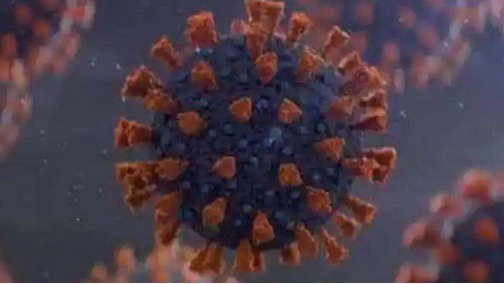With the mutations of SARS-CoV-2 continuing, the Omicron variant’s sub-lineages like BA.1, BA.2, BA.3, BA.4, BA.5, BA.11, etc. The BA.4 and the BA.5 have emerged. These subvariants are of particular concern with the World Health Organization closely observing them as they are spreading rapidly in many parts of Africa and Europe.
A May 1 study published in the pre-print server medrxiv has pointed out something worrisome about BA.4 and BA.5 subvariants belying the initial presumption that they are not more severe or transmissible. The subvariants may escape immunity provided by prior infection or by vaccines, according to the study, led by Africa Health Research Institute, South Africa.
Prior infections result in a quick and robust response to a new infection. Similarly, vaccines, which contain some parts of the virus, and the immune system fight against new infections.
The scientists and researchers involved in the study, who were from multiple institutions, took blood samples from 39 participants who were previously infected by Omicron last year-end when the variant was discovered. Out of the 15 vaccinated participants, eight had received Pfizer’s shot and seven Johnson & Johnson’s. The rest of the participants were not vaccinated.
The vaccinated participants showed around five times more neutralization capacity of the virus in comparison to the unvaccinated, implying that the group should have been better protected. Neutralization means the stopping of the virus from entering the cell in the first place and this is done by specialized antibodies produced by vaccines called neutralizing antibodies.
The unvaccinated group showed an almost eightfold decrease in antibody production when exposed to BA.4 and BA.5 compared to BA.1, which is the original lineage of Omicron.
The discovery has also raised the concern that countries reporting the spread of the sub-lineages might see fresh outbreaks. “The low absolute neutralization levels for BA.4 and BA.5, particularly in the unvaccinated group, are unlikely to protect well against symptomatic infection,” the researchers said. “This may indicate that, based on neutralization escape, BA.4 and BA.5 have the potential to result in a new infection wave.”
Notably, besides some provinces in South Africa, there are more than 20 other countries that have reported the detection of the two subvariants, including Australia, Austria, Belgium, China, Israel, Germany, France, Denmark, etc. However, experts opine that the new lineages might not give rise to much severe diseases. Nevertheless, a rapid increase in cases, for which the Omicron is known, can eventually lead to hospital and other health crises.





